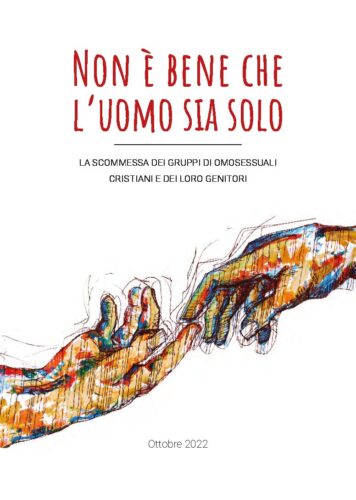Reading a synopsis of Andrea Pallaoro’s delicate, searing film “Monica,” you might assume it is a melodrama. The story—rejected adult child returns to her family home to care for her mother, whose brain disease has wiped out any memory of her past cruelty—sounds like a soap opera.
But as you meet Monica, easing into the understated performance of trans actress Trace Lysette, the movie is actually a mystery. It is a quiet film that finds redemption in unlikely places and transports you to a place of hope.
The initial mystery is whether Monica’s mother, Eugenie, played with astute vulnerability by Patricia Clarkson, actually doesn’t remember her trans child. But there are moments when the two women ponder each other’s faces with such intensity and passion that a glimmer of recognition feels inevitable. This mystery is left for the viewer to decide.
The second mystery of the film is the power of forgiveness evident in Monica’s commitment to her ailing, difficult parent, who once rejected Monica with the words: “I can no longer be your mother.” With that phrase, Monica was sent away like the Prodigal Son to live on the streets. All communication was shut off, shattering the family.
“Monica” is a quiet film that finds redemption in unlikely places and transports you to a place of hope.
In the Gospel of Matthew, Jesus tells us that “If you forgive others their transgressions, your heavenly Father will forgive you” (6:14-15). But as every human knows, forgiving is a difficult task. Still, forgiveness is so essential to the Catholic faith that it is a sacrament. How do we turn the other cheek when our identity has been rejected by the person who should love us the most?
The film does not offer a simple answer to this question. Monica illustrates the struggles that LGBTQ family members endure when, at one point, Monica jumps in her car and flees from her responsibilities. We understand her frustration, and we also understand why she makes a U-turn and once again takes on the mantle of loving and anonymous servitude. Forgiving is a messy process when it intersects with the need for justice and fairness.
How many times do we have to forgive the same transgressions? When is a wrong so hurtful that we can no longer rise above it, but must meet it head on? In the case of Monica, the care she provides to her mother appears self healing. This is especially true when we meet members of the extended family, who welcome and accept Monica exactly as she is.
Monica rarely smiles in the first hour. That’s because we meet the main character at two heartbreaking crossroads. Her lover, Jimmy, isn’t returning her calls, portending the end of a three-year relationship. While her romantic life is falling apart, she’s asked to uproot herself and care for Eugenie.
How do we turn the other cheek when our identity has been rejected by the person who should love us the most?
Early on, we see sorry glimmers of Monica’s life as an attractive woman facing the world—a disembodied male voice at first friendly, then harassing, then angry when Monica won’t return his attention. She’s ostensibly working in her apartment as a masseuse, an occupation that, from the faraway expression on her face, seems unfulfilling.
During a series of deftly-edited scenes, Monica appears to be alone—in her car, on the street, in a gas station. We learn later that Monica can paste on a smile when she receives a call from an OnlyFan, and are left wondering whether there is any real joy in her life.
In the film’s final scenes, smiles abound as Monica sparks a kinship with her nephew, Brody (Graham Caldwell). She becomes his cheerleader, fully comprehending what it feels like to be both bold and vulnerable. She speaks from experience when she tells him to sing out loud with all his heart.




